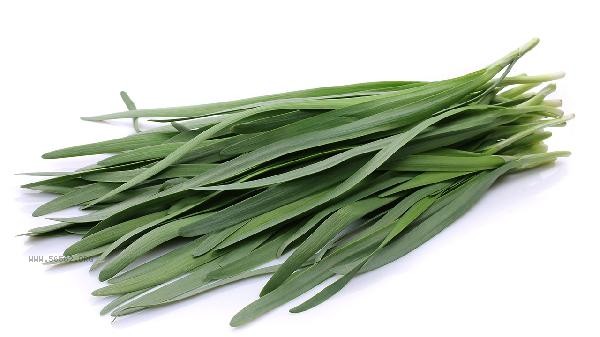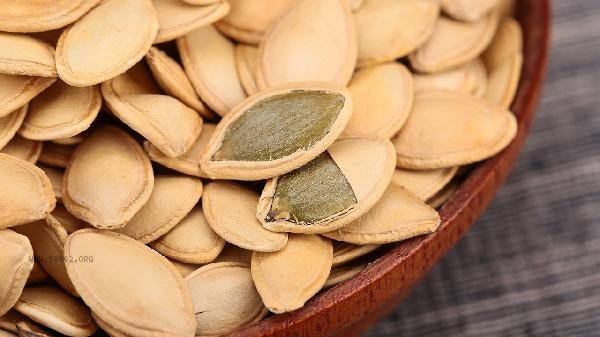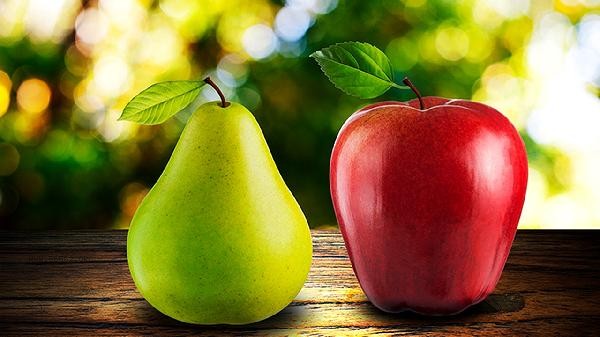Soluble fiber foods mainly include oats, apples, carrots, konjac, kelp, etc. Soluble fiber can dissolve in water to form gel like substance, which helps to delay gastric emptying, regulate blood sugar and reduce cholesterol.

1. Oats
Oats are rich in β - glucan, which is a typical soluble fiber. The soluble fiber in oats can effectively reduce low-density lipoprotein cholesterol and increase satiety, making it suitable as a breakfast staple. Cooked oatmeal Congee or instant oatmeal are all good choices, but you should pay attention to the products without added sugar.
2. Apples
Apple flesh contains abundant pectin, which belongs to soluble dietary fiber. Pectin can absorb water to form a gelatinous substance, which helps delay sugar absorption and is beneficial for controlling postprandial blood sugar fluctuations. It is recommended to eat apple peels together with the skin, as apple peels also contain a certain amount of dietary fiber, but it is important to thoroughly clean and remove surface pesticide residues.
3. Carrots
The soluble fiber in carrots is mainly pectin, which is more easily absorbed by the human body after cooking. Carrot fiber helps promote the growth of beneficial gut microbiota and improve the gut microbiota environment. Carrots can be eaten raw, cooked, or juiced, but heating treatment can better release their nutrients.

4. Konjac
Konjac is rich in glucomannan, which is a high-quality soluble dietary fiber. Konjac fiber has strong water absorption and swelling ability, which can increase satiety and help control appetite and weight management. Konjac products come in various forms, including konjac shreds, konjac chunks, etc. However, it should be noted that konjac itself has a mild taste and often needs to be seasoned with other ingredients.
5. Seaweed and other seaweed foods contain soluble fiber components such as alginate. Kelp fiber can bind with sodium ions in the intestine, helping to regulate electrolyte balance. Kelp can be made into cold dishes, soups, or side dishes, but individuals with thyroid dysfunction need to control their intake to avoid affecting iodine metabolism. Moderate increase of soluble fiber foods in daily diet can help maintain intestinal health and metabolic balance. It is recommended to consume different types of soluble fiber foods in combination, while gradually increasing intake to avoid gastrointestinal discomfort caused by excessive intake in the short term. While supplementing soluble fiber, it is important to ensure adequate drinking water to help the fiber perform at its best. Special populations such as those with weak gastrointestinal function can start with small amounts and observe their physical reactions before adjusting their intake.









Comments (0)
Leave a Comment
No comments yet
Be the first to share your thoughts!